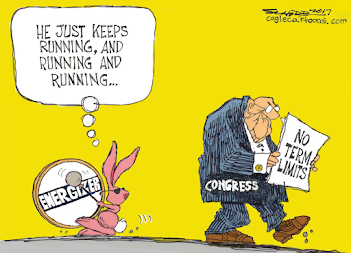When Representation Fails Our Expectations
By Deepa Kadidahl
We frequently hear the phrase "representation matters. Growing up, I rarely saw other Indians in American media. Every time I would see an Indian person in a TV show or movie, I would either feel a sense of pride at being represented or a sense of embarrassment when they reflected mere stereotypes of Indian people. Successful representations of Indians and other South Asians as seen in the Netflix series Never Have I Ever can be quite enjoyable to watch and have allowed me to reflect on my own experiences growing up as an Indian American girl.
In recent years, representation has become a more significant issue in politics and corporate hierarchy. On the day of the Indian holiday Diwali, Rishi Sunak became Britain's first Prime Minister of Indian descent. I might have been inspiring to see a man descended from the colonized subjects of the British Empire become their Prim Minister, if it weren't for the fact that Rishi Sunak will be a terrible leader. Sunak will continue to serve the wealthy while punishing the poor, just as his White, Tory colleagues have done. There are a host of Indian CEOs leading the world's most powerful corporations, such as Google, Microsoft, and Twitter. These CEOs engage in the same nefarious conduct as their White predecessors, such as funneling money to Republicans and Democrats alike, further undermining our democracy. Neeli Bendapudi is Penn State's first female Indian President, yet she and her administration did nothing to keep us safe from a group of hateful bigots who wish to wipe a significant portion of our community off the face of the Earth.
All this goes to show that representation can be beneficial and uplifting when you see someone like you in media, but this doesn't always apply to politics and leadership. Oftentimes women and minorities rise to positions of power because they adhere to the rules of a rigged game. People like Rishi Sunak don't want to upend the system that makes it so difficult for people like them to be seen. They want to maintain it.
Fortunately, there are many examples of people from marginalized and overlooked communities that are working to create a more just and equitable society. We can see this in people like Ilhan Omar, Cori Bush, Rashida Tlaib, AOC, and countless others that don't possess their platform. Representation is so much more impactful when we have capable and boundary-pushing representative who wish to establish a new way forward. When we vote or put our support behind powerful people, we must consider more than if they represent an aspect of our identity, and determine what vision they have for a more egalitarian future.




Comments
Post a Comment